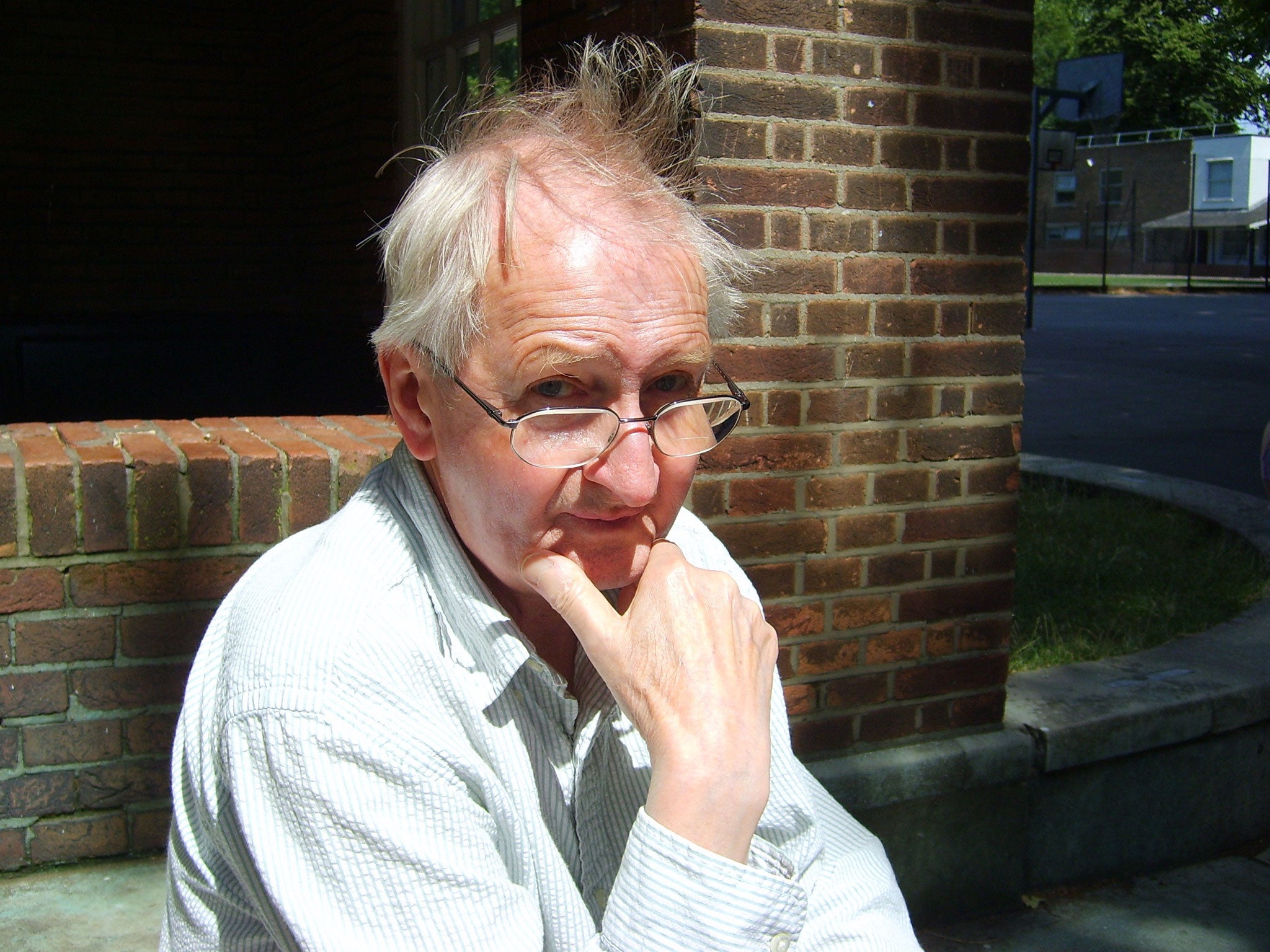
Your support helps us to tell the story
This election is still a dead heat, according to most polls. In a fight with such wafer-thin margins, we need reporters on the ground talking to the people Trump and Harris are courting. Your support allows us to keep sending journalists to the story.
The Independent is trusted by 27 million Americans from across the entire political spectrum every month. Unlike many other quality news outlets, we choose not to lock you out of our reporting and analysis with paywalls. But quality journalism must still be paid for.
Help us keep bring these critical stories to light. Your support makes all the difference.
I have never understood why MPs require research assistants (I never had one, nor claimed for one). The House of Commons Library has among its staff many scholars who will supply objective information, often very promptly. Working among gifted contemporaries covering other fields was Dr John Poole, who from 1966 until his retirement in 1990 was Head of the Science section of the Library. Indeed, he was the founding father of the provision of serious scientific fact to Parliament.
John Poole was the son of a miner who had left the pits to work for John Player in what was then a thriving tobacco business in Nottingham. As a young MP, then representing West Lothian with its six coal mines, I first knew Poole through a superb piece of work he carried out at my request on the subjects of pneumoconiosis, silicosis and emphysema. When I thanked him for his hard work, he replied in his soft, gentle voice, "Mr Dalyell, it was a personal pleasure. You see, over generations my family suffered from all three in the Nottinghamshire coalfield."
From that vigorous grammar school, the High Pavement School in Nottingham, Poole had won a scholarship to Keble College, Oxford, where he obtained first class honours in chemistry. His PhD was on the dating of the Dead Sea scrolls, whereby he used the then current chemical techniques; it was years before carbon dating confirmed Poole's results. I am told that Poole's PhD thesis is one of two documents which are required reading for students of the Scrolls at the University of Berlin.
He won an International Churchill Fellowship, and after leaving Oxford he worked for the Chemical Society and then for Shell as an industrial scientist, before being enticed away to work for Roskill Mineral Research. His knowledge of geology would prove invaluable to MPs.
In 1966 I was a member of the first Commons Select Committee on Science and Technology. My colleagues, in particular Arthur Palmer, the chairman David Price, Professor Nick Davies, Dr David Owen and I, clamoured the House authorities into appointing a scientist to the Library. They chose exceedingly well in John Poole.
His friend and colleague Priscilla Baines, the Commons Librarian from 2000-2004, told me, "John was a real life-enhancer. Idiosyncratic, he would come away with an unexpected view."
Whenever I explained to Poole (as I always did) why I was asking him to do some work, he would respond with thoughtful and helpful suggestions, or, occasionally, quietly advise me that I was "barking up the wrong scientific tree." Such candour from a briefer is so much more valuable than some young research assistant saying, "Yes, sir, no sir…" Diffident but never deferential, he provided focus in the Library for the Scientific Committee.
Poole, Baines, told me, was also an innovator. In the late 1960s he pioneered the use of computers for a library database, and in 1968, during the Long Recess, he galvanised his colleagues into producing a superb background to the situation in Czechoslovakia, anticipating the special recall of Parliament. It had some effect, in making MPs cautious in thinking about intervention, as the Foreign Secretary, George Brown, wanted. Years later, when the All-Party Heritage group met Mr Dubcek in Prague, he told me, "Should the West have intervened, it would have been catastrophic." Poole's work helped restrain a headstrong Foreign Secretary.
Poole's friend and contemporary, Jane Fiddick, who served as Head of several sections of the Library, reflected to me, "John had the great gift of making comprehensible what seemed impossible. He left me feeling better. Above all, we treasured his dry, droll, surreal sense of humour. He was a genuinely witty man." Fiddick recalled Poole's wedding present to her, The Annotated Alice, a penetrating and hilarious examination of Alice in Wonderland and Through The Looking-Glass. Above all, perhaps, he had a keen sense of justice, and there was a streak in him which suggested that subversive, awkward and inquisitive MPs should be encouraged. John Poole was one of the heroes of the cause of the public understanding of science.
Tam Dalyell
John Poole, chemist, scholar and librarian: born Nottingham 29 March 1932; Senior Librarian, House of Commons 1966-90; married 1957 Mary Woelfel (one son); died Hertfordshire 21 January 2013.
Subscribe to Independent Premium to bookmark this article
Want to bookmark your favourite articles and stories to read or reference later? Start your Independent Premium subscription today.
Join our commenting forum
Join thought-provoking conversations, follow other Independent readers and see their replies
Comments